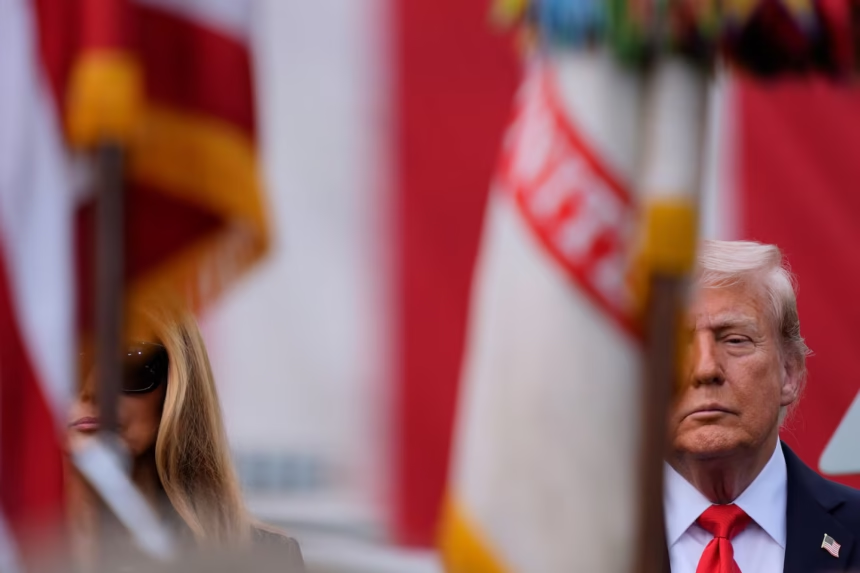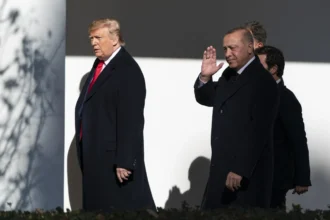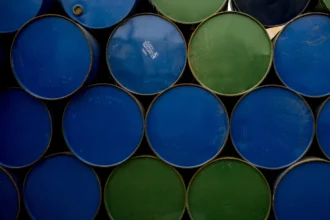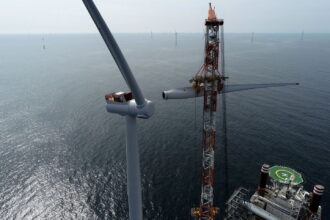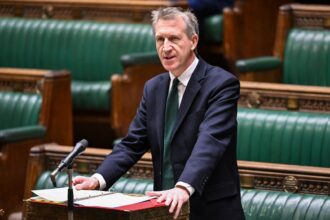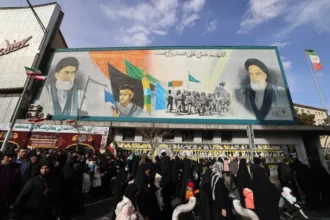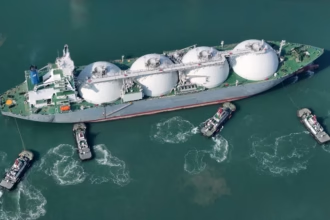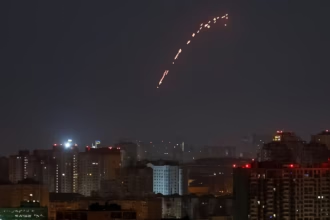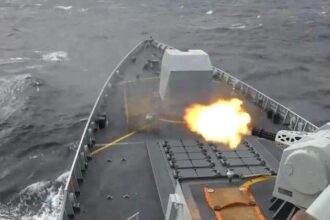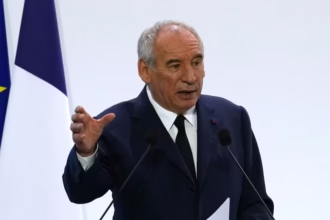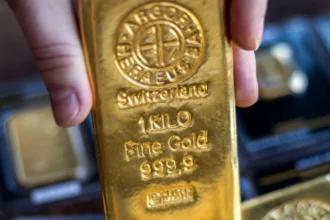In a recent statement, U.S. President Donald Trump urged NATO member countries to cease purchasing Russian oil, asserting that such a move could expedite the end of the ongoing conflict in Ukraine. He also proposed imposing tariffs ranging from 50% to 100% on Chinese imports to counteract China’s continued purchase of Russian petroleum. While Trump emphasized the strategic importance of unified action, several NATO members have expressed reluctance to fully comply with these demands.
Trump’s Proposal and Its Rationale
President Trump argued that NATO’s commitment to the war in Ukraine has been inconsistent, citing the ongoing purchase of Russian oil by some member states as evidence of a lack of unity. He contended that halting these purchases would strengthen NATO’s negotiating position and apply greater pressure on Russia. Additionally, Trump suggested that imposing significant tariffs on China could diminish its economic support for Russia, further isolating Moscow on the global stage.
Resistance Within NATO
Despite the call for unity, key NATO members have shown resistance to implementing a complete ban on Russian oil imports. Notably, Turkey has been identified as one of the largest buyers of Russian oil among NATO countries, importing an estimated $80 billion worth since February 2022. Hungary and Slovakia have also been vocal in their opposition, citing concerns over energy security and the potential economic impact of such a ban.
These nations argue that a sudden cessation of Russian oil imports could lead to energy shortages and economic instability, particularly in Central and Eastern Europe, where energy dependence on Russia has been historically significant. Their reluctance underscores the challenges NATO faces in achieving consensus on energy policies amidst the ongoing conflict.
Implications for NATO Unity
The differing stances within NATO highlight underlying tensions and the complexities of aligning member states with diverse economic interests and energy dependencies. While the alliance has largely presented a united front in supporting Ukraine, internal divisions over energy policies could undermine its cohesion and effectiveness in addressing the conflict.
The situation also raises questions about the influence of external actors, such as China, on NATO’s internal dynamics. China’s continued purchase of Russian oil has been a point of contention, with the U.S. seeking to leverage economic measures to alter Beijing’s stance. However, China’s response has been one of defiance, accusing the U.S. of economic coercion and warning of potential countermeasures.
Looking Ahead
As NATO navigates these internal divisions, the alliance faces the challenge of balancing strategic objectives with the economic realities of its member states. The debate over Russian oil imports is emblematic of broader issues concerning energy security, economic resilience, and geopolitical strategy.
The coming months will be critical in determining whether NATO can reconcile these differences and present a unified approach to the ongoing crisis in Ukraine. The alliance’s ability to adapt to internal and external pressures will be pivotal in shaping the future of European and global security.

